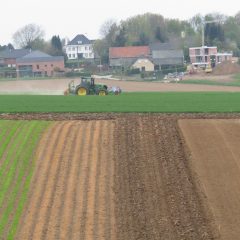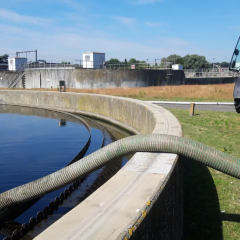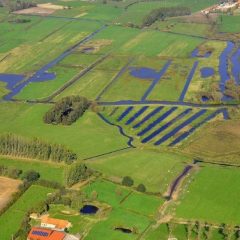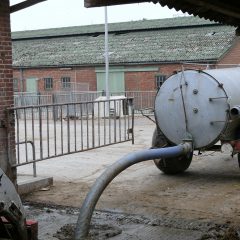Research project EUROpean quality Controlled Harmonization Assuring Reproducible Monitoring and assessment of plastic pollution
General introduction
A lack of harmonized methods for gathering and reporting data about microplastic pollution presents a major obstacle to the implementation of monitoring and mitigation actions. This is further hampered by a lack of clear guidelines on the purpose of these monitoring efforts. EUROqCHARM unites 15 key actors involved in studying and monitoring plastic pollution in Europe, under coordination of the Norwegian Institute for Water Research.
Research approach
EUROqCHARM critically reviews state-of the-art analytical methods and furthers harmonization across institutes. Validation will take place through interlaboratory comparison. The end product will consist of certified reference materials. Knowledge transfer will be facilitated by means of workshops and capacity building for countries yet to initiate monitoring. ILVO, as the Belgian partner, contributes expertise on plastic pollution assessment in marine sediments and living organisms. ILVO, NIVA and SALT also establish a communication network for scientists and stakeholders.
Relevance/Valorization
The EUROqCHARM initiative joins all relevant research areas (natural sciences: marine, surface, groundwater, drinking and waste water, soil, air; analytical chemistry etc.), industry (instrument manufacturers, plastic producers and commercial laboratories), regulators (United Nations, EU and national level, standardization bodies), professional associations and societies, policy makers (UN, EU and national level) and national and international Non-Governmental Organizations (NGOs). This puts Europe in a unique position to coordinate the validation of the available methods and the development of harmonized protocols for assessing plastic contamination. These methods and protocols will enable data comparison, which will form the basis for European and international guidelines and regulations. This will support policy makers, industry and the scientific community in their endeavor to reduce the environmental impact of plastic pollution.








